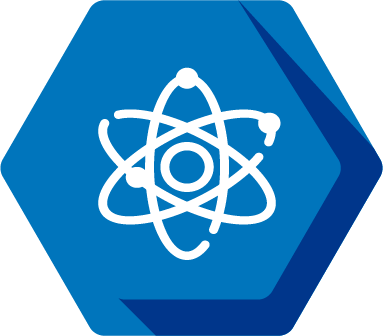Nicole Kuchta

Pronouns: she/her
Research Mentor(s): Christine Aidala, Professor
Research Mentor School/College/Department: Physics, College of Literature, Science, and the Arts
Presentation Date: Thursday, April 22, 2021
Session: Session 3 (1pm-1:50pm)
Breakout Room: Room 15
Presenter: 3
Abstract
With the advent of new technologies in the world of particle physics comes a realm of new areas of exploration within the field. One of these areas is hadronization within quantum chromodynamics, the study of interactions between quarks and gluons, which has largely been unexplored. To fill in some of the gaps in scientists’ knowledge in this area on how quarks and gluons, elementary particles that are part of the standard model, form hadrons, composite particles made from quarks, my research will investigate jet substructure observables along with correlations between strange and anti-strange particles within jets in proton-proton and electron-proton collision simulations generated with Pythia. As these topics are fairly new to the field of quantum chromodynamics, the measurements we take will be the first of their kind. These measurements will be done through Pythia for digital event generation and data organization will be done through ROOT in the form of ntuples and histograms. Following simulated data generation, ROOT will be used for data analysis to achieve final measurements on the topic. Research work from a former member of Dr. Christine Aidala’s research group, Dr. Joseph Osborn, on jet hadronization will serve as a comparison and motivation point for the research we will complete. The findings of this research will then motivate further studies in the study of hadronization and quantum chromodynamics and serve as a base comparison point for others who choose to measure strange and antistrange particles within jets.
Authors: Nicole Kuchta, Dillon Fitzgerald, Christine Aidala
Research Method: Computer Programming






